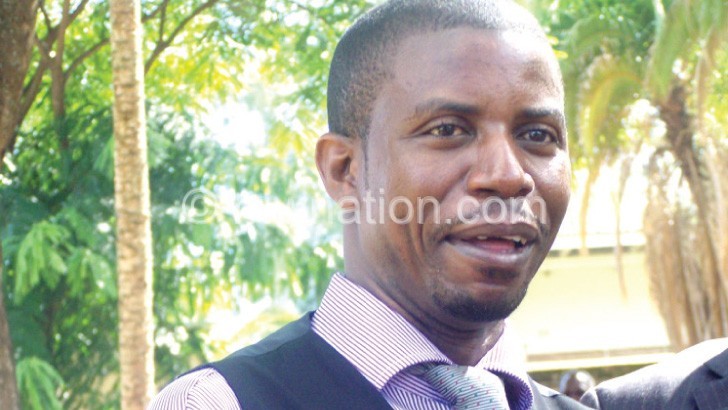Depoliticise public varsities
While public colleges were shutting down one after another, President Peter Mutharika declared that the solution does not lie with him. With Mutharika inaugurated as chancellor of Malawi University of Science and Technology (Must) this month, our reporter JOHN CHIRWA gets education activist Benedicto Kondowe to discuss this tradition of making presidents chancellors of public universities.

to rise above politics
Q:
What is your take on the Head of State assuming the chancellorship of all public universities?
A:
Appointing the President, who in our case is both the Head of the State and leader of a political party in government, politicises the university system. It is unhealthy for our public universities. This, in my view, also puts at a great risk the expectation that academics are independent, free-thinkers and should not be politically influenced. Furthermore, giving the President such a role is unnecessary. Historically, the Malawian presidency is into everything and sometimes even into things that are not strategic and befitting the office. In this case, he may have no time to be objective and constructive.
Q:
Is it mandatory?
A:
Except for University of Malawi [Unima] Act which under Section 13(2) provides that the President shall be the chancellor of the university, the appointment by by the rest of public universities has strictly speaking been subsisted on precedence, and not necessarily on law. These other Parliamentary Acts do not commit the councils to appoint the Head of State as chancellor. In these other universities, any eminent and accomplished person can be chancellor. But due to appeasement, the university councils have both deliberately bound themselves to appoint the President.
Q:
Why are universities then obsessed with having the President as their chancellor?
A:
We thought that we had dealt with this cancer in 1994, but the reality is that this perennial problem has come to stay. The factors are three-fold. First, the mere fact that the vice-chancellor is either directly appointed by the President (in case of Unima Act) or by the councils, but subject to approval by the President. It is obvious that the appointment of the President is a vote of thanks for the appointment of the council members and the chairman. Second, there is a general belief that making the President the chancellor would help the institution receive the needed support and funding. Third, it is a legal requirement to appoint the President as the chancellor of Unima. The rest of the public universities have fallen short of strategic vision as they have succumbed to the inherent political machination.
Q:
What are the side-effects of the prevailing tradition?
A:
The greatest danger is that such consideration makes public universities epicentres of politics. In 2011, we witnessed how the politicised academic freedom saga brought the university system into disarray. Besides, any law or decision that limits appointment of chancellor to the President has the potential to compromise quality of such public institutions. The emerging trends, therefore, fail to embrace the spirit of an evolving and





